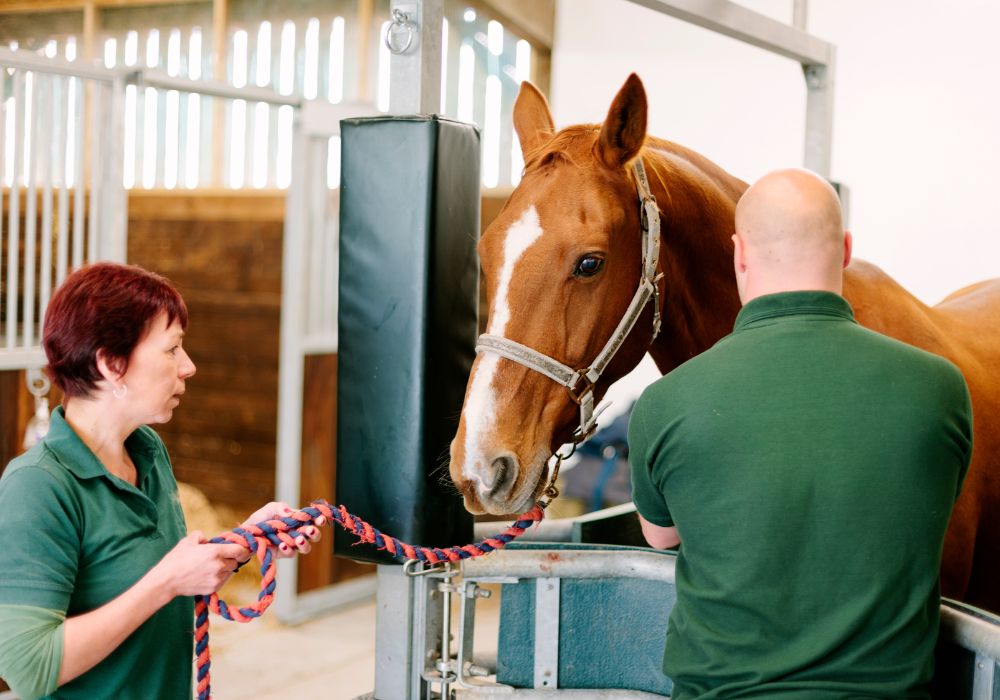Equine insurance policies often require that the company must receive “immediate” notice of injury, illness, or disease, and policies will provide a telephone number to call 24 hours a day to give this notice. Whether the illness or injury seems significant, immediate reporting is required by most equine policies.
Most likely, your equine mortality policy has a clause stating that euthanasia cannot be performed unless the insurance company has approved it in advance. Your insurance company may require alternate medical procedures. Failure to follow their recommendations could result in a denial of coverage. In cases where a horse must be euthanized immediately, insurance carriers may not require pre-notification that might prolong the horse’s suffering. However, you should have clear documentation that immediate euthanasia was necessary.
People who bury their horses or have them disposed of without doing the required post-mortem usually find themselves in a dispute with the insurance company and often have coverage denied. If you ask your insurance company to waive this necropsy requirement, be sure to receive confirmation of that fact in writing (an email or a text, for example).
Mortality coverage is comprehensive, but exact coverage terms vary by company. Standard exclusions vary by policy. Read the quote and the Terms and Conditions thoroughly. Make sure you know exactly which costs are covered by your policy and that the coverage is correct for the activities you will be doing with your horse.
Let us know if we can assist or guide you in understanding your Equine Mortality.
